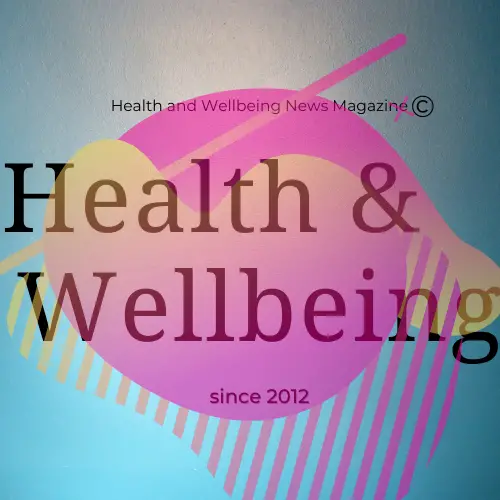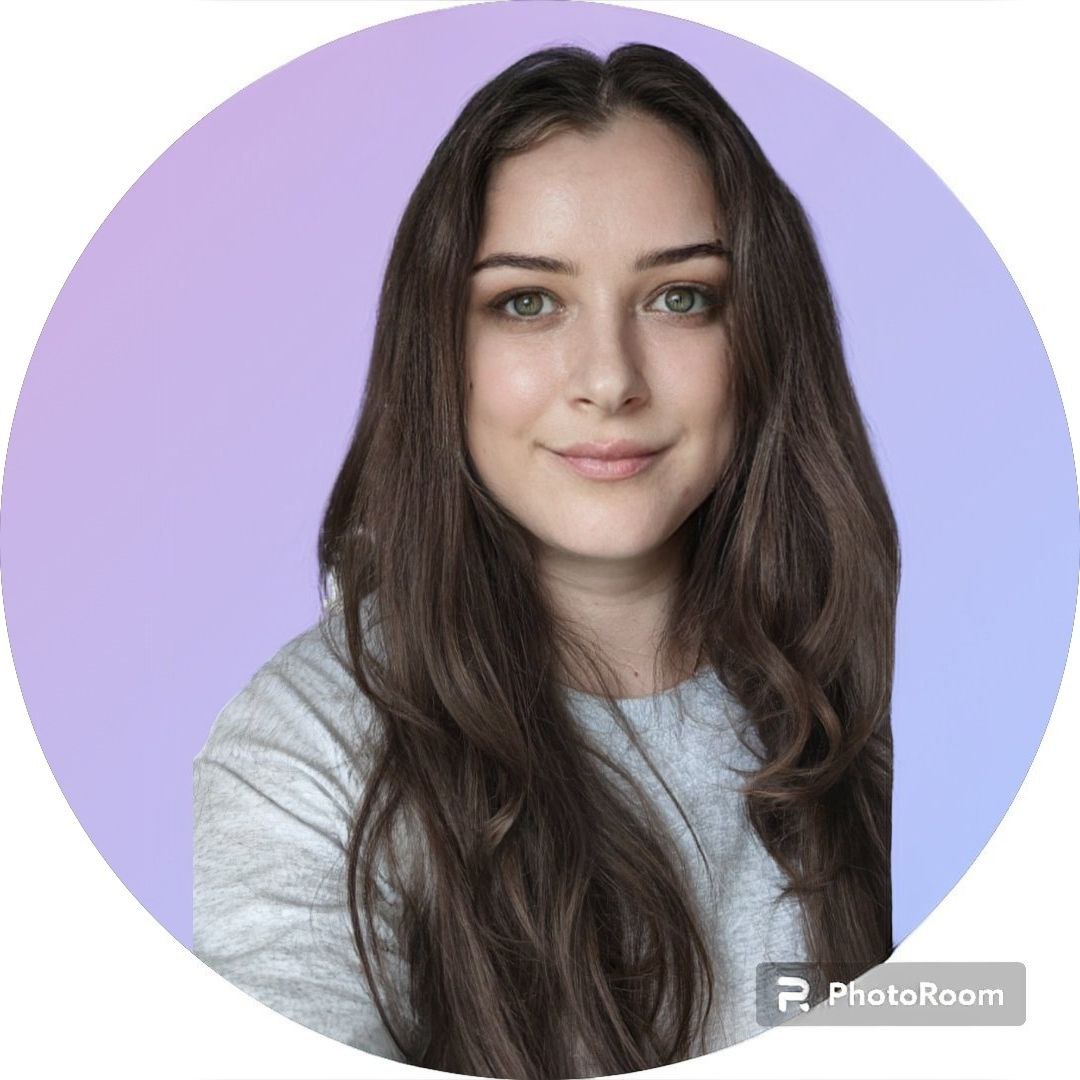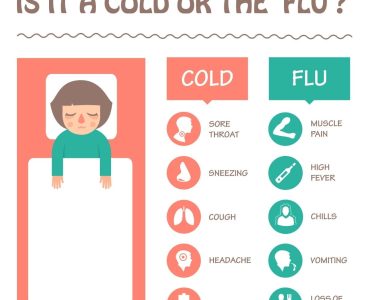Cysteine is a non-essential amino acid, meaning that it can be made in the human body. It is very important as the sulphur content means that it provides structural support to proteins in the hair, skin, nails, stomach and intestines. Cysteine is made from the amino acid methionine and serine, an in turn, Cysteine is needed to produce the amino acid taurine and the antioxidant enzyme glutathione.
Cysteine is also needed to produce Coenzyme A, which is needed for the release of energy from food.
Food sources of Cystein include soybeans, spirulina, beef, pork, chicken, turkey, spirulina, lentils, adzuki beans, baked beans, chickpeas, kidney beans, peas, eggs and garlic.
What it does
- Detox and liver protection: Glutathione, which relies on cysteine, is needed for the neutralisation of toxins in the liver. Efficient detoxification ensures that harmful toxic compounds are not able to build up in the liver. Cysteine also has antioxidant properties, which further enhances its liver protective abilities.
- Heavy Metal Scavenger:
Cysteine is able to bind to (chelate) heavy metals, thus aiding their removal from the body. - Antioxidant:
Cysteine, both alone and as part of glutathione, is a very effective free radical scavenger. It is especially valuable in protecting cell membranes. - Cardiovascular Protectant:
Through its antioxidant effects, cysteine can prevent oxidation of LDL cholesterol, a known risk factor in heart disease. The more potent form of cysteine, NAC, also significantly lowers lipoprotein A, which appears to be an even greater risk factor in heart disease than cholesterol.
Potential Uses
| Liver health | Heavy metal poisoning | Atherosclerosis |
| Detox | Hair and nails | Digestive system protection from damage by NSAIDs |
L-cysteine is important for a number of bodily functions, including:
- Protein synthesis: L-cysteine is a building block of protein, and it is essential for the production of new proteins in the body.
- Glutathione production: L-cysteine is a precursor to glutathione, which is an antioxidant that helps protect the body from damage.
- Hair and nail health: L-cysteine is important for the formation of keratin, which is the protein that makes up hair and nails.
- Skin health: L-cysteine is important for the production of collagen, which is the protein that gives skin its strength and elasticity.
- Liver health: L-cysteine helps to protect the liver from damage and can help to improve liver function.
- Heart health: L-cysteine helps to reduce the risk of heart disease by lowering cholesterol levels and improving blood flow.
- Immune system function: L-cysteine helps to boost the immune system and fight off infection.
Consequences of Deficiency
A deficiency in L-cysteine can lead to a number of health problems, including:
- Hair loss: L-cysteine is important for the formation of keratin, which is the protein that makes up hair. A deficiency in L-cysteine can lead to hair loss.
- Nail weakness: L-cysteine is important for the formation of keratin, which is the protein that makes up nails. A deficiency in L-cysteine can lead to nail weakness.
- Skin problems: L-cysteine is important for the production of collagen, which is the protein that gives skin its strength and elasticity. A deficiency in L-cysteine can lead to skin problems such as wrinkles and age spots.
- Liver damage: L-cysteine helps to protect the liver from damage. A deficiency in L-cysteine can lead to liver damage.
- Heart disease: L-cysteine helps to reduce the risk of heart disease. A deficiency in L-cysteine can increase the risk of heart disease.
- Immune system problems: L-cysteine helps to boost the immune system. A deficiency in L-cysteine can lead to immune system problems such as frequent infections.
Products Full of L-cysteine
L-cysteine is found in a variety of foods, including:
- Eggs
- Chicken
- Turkey
- Dairy products
- Soybeans
- Nuts
- Seeds
- Fish
How L-cysteine is made
L-cysteine can be made naturally by the body or it can be taken as a supplement. L-cysteine is also found in a variety of foods.
Is L-cysteine and NAC the same?
L-cysteine and N-acetylcysteine (NAC) are two different forms of the amino acid cysteine. NAC is a more bioavailable form of L-cysteine, which means that it is easier for the body to absorb and use.
How to take L-cysteine
L-cysteine can be taken as a supplement or it can be obtained from food. If you are taking a supplement, the recommended dosage is typically 500-1,000 milligrams per day.
Is L-cysteine safe?
L-cysteine is generally considered to be safe when taken in recommended doses. However, some people may experience side effects such as nausea, vomiting, and diarrhea. If you experience any side effects, stop taking L-cysteine and talk to your doctor.
Can you take L-cysteine everyday?
Yes, L-cysteine can be taken every day. However, it is important to start with a low dose and gradually increase the dose as needed.
Is L-cysteine vegan?
Yes, L-cysteine can be vegan. There are a number of vegan sources of L-cysteine, including soybeans, nuts, and seeds.
Can L-cysteine be autoclaved?
Yes, L-cysteine can be autoclaved. Autoclaving is a process of sterilizing medical equipment and other materials by exposing them to high pressure and heat. L-cysteine is stable under these conditions and will not be damaged by autoclaving.
How much L-cysteine for hair growth?
The amount of L-cysteine needed for hair growth is not well-established. Some studies have shown that taking 200-500 mg of L-cysteine per day can help to promote hair growth. However, more research is needed to determine the optimal dosage.
What does L-cysteine do for the body?
L-cysteine is an amino acid that is involved in a number of bodily functions, including:
- Protein synthesis: L-cysteine is a building block of protein, and it is essential for the production of new proteins in the body.
- Glutathione production: L-cysteine is a precursor to glutathione, which is an antioxidant that helps protect the body from damage.
- Hair and nail health: L-cysteine is important for the formation of keratin, which is the protein that makes up hair and nails.
- Skin health: L-cysteine is important for the production of collagen, which is the protein that gives skin its strength and elasticity.
- Liver health: L-cysteine helps to protect the liver from damage and can help to improve liver function.
- Heart health: L-cysteine helps to reduce the risk of heart disease by lowering cholesterol levels and improving blood flow.
- Immune system function: L-cysteine helps to boost the immune system and fight off infection.
Why is cysteine important?
Cysteine is important because it is involved in a number of important bodily functions. It is a building block of protein, it helps to produce glutathione, and it is important for hair, nail, and skin health. Cysteine is also important for liver health, heart health, and immune system function.
Cautions
Cysteine may produce a false positive in diabetic tests for ketone bodies.
Best avoided by children, pregnant women and nursing mothers.
Vitamin C supplementation (ratio of 3:1 Vit C:cysteine) is often recommended when taking l-cysteine to prevent conversion to cystine which hast the potential to form crystal and urinary stones.
If you take metoclopramide or nitroglycerine medication, consult your doctor before taking cysteine.
Conclusion
L-cysteine is an important amino acid that is involved in a number of bodily functions. It is naturally produced by the body and is also found in a variety of foods. L-cysteine can be taken as a supplement to improve hair, nail, and skin health, boost the immune system, and protect the liver and heart. It is generally considered to be safe when taken in recommended doses.





